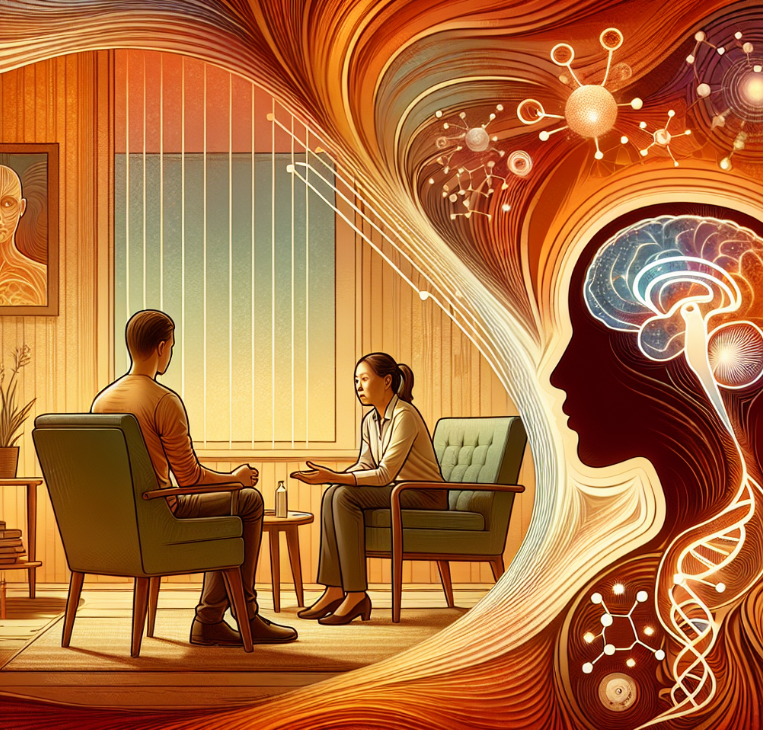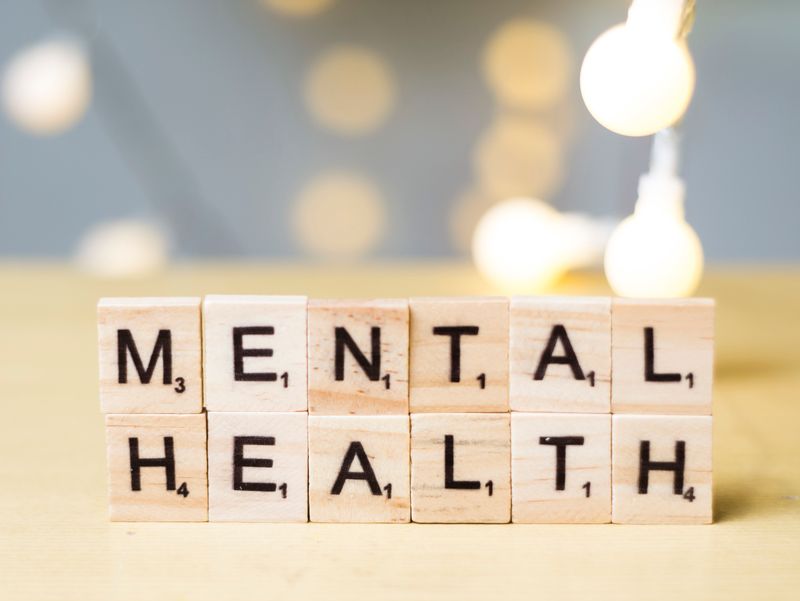Navigating Life's Storms: A Guide to Building Mental Resilience
Life's inherent unpredictability means that individuals often encounter periods of stress and hardship. Mental resilience becomes an indispensable trait, enabling one to navigate through adversity and emerge stronger. Developing such fortitude is a proactive journey toward personal growth. This guide focuses on cultivating a resilient mindset and describes how therapeutic approaches, such as those offered by Amytra Therapy, including Eye Movement Desensitization and Reprocessing (EMDR), contribute to this process.
The Essence of Resilience
Resilience is the ability to withstand, adapt to, and recover from difficulties. It's not the absence of distress but the capacity to persevere and maintain a sense of purpose despite life's challenges. A resilient mindset embodies a combination of positive attitudes, beliefs, and behaviors that contribute to robust mental health.
Cultivating a Positive Outlook
Maintaining a positive outlook is a key component of mental resilience. This involves embracing an optimistic yet realistic perspective, focusing on solutions rather than dwelling on problems. By acknowledging challenges without being overwhelmed by them, individuals foster a sense of hope and confidence in their ability to cope.
Understanding Emotional Responses
Building resilience also involves understanding and managing one's emotions. Recognizing the natural emotional responses to stress and adversity allows for better emotional regulation. Techniques such as mindfulness meditation and deep breathing exercises can aid in developing this awareness and control.
Strengthening Social Connections
Social support is a pillar of resilience. Strong connections with family, friends, and community provide comfort and assistance during tough times. Cultivating these relationships ensures a support network is in place when needed, offering different perspectives and resources to help weather life's storms.
Embracing Change as a Constant
Adaptability is a trait shared by resilient people. Embracing the notion that change is a constant allows individuals to remain flexible and open to new strategies when faced with obstacles. Viewing change as an opportunity for growth can lead to the discovery of new paths and solutions.
The Role of Self-Efficacy
Belief in one's capabilities, known as self-efficacy, is crucial for mental resilience. Confidence in the ability to exert control over one's life plays a significant role in how one approaches challenges. Building self-efficacy involves setting achievable goals, celebrating successes, and learning from experiences.
Recovery Through Therapy and Personal Development
Professional therapy can play a significant role in building mental resilience. Therapeutic methods, such as those practiced by Amytra Therapy, offer tools and strategies to enhance personal development and healing. EMDR, in particular, is a potent therapy modality that helps process traumatic experiences, reducing their lingering impact and fostering resilience.
Techniques for Building Mental Fortitude
There are several techniques that individuals can employ to strengthen their mental resilience. Journaling can offer a way to process thoughts and feelings, while physical activity and proper nutrition contribute to overall well-being. Engaging in hobbies and interests provides a diversion from stress and enriches one’s life with positive experiences.
The Impact of EMDR on Resilience
EMDR therapy has been shown to be effective in treating psychological trauma by desensitizing individuals to distressing memories and reprocessing the associated thoughts and feelings. This can lead to a significant reduction in emotional distress and an increased sense of personal strength and resilience.
Learning from Setbacks
Resilience involves learning from setbacks and viewing failures as feedback rather than defeat. By analyzing what went wrong and brainstorming how to move forward, individuals build problem-solving skills and resilience. This mindset of growth and continuous learning is key to overcoming future challenges.
Establishing a Self-Care Routine
Self-care is an act of resilience. Establishing a routine that includes adequate sleep, relaxation techniques, and time for self-reflection can replenish one's mental resources. These practices ensure that one has the energy and clarity to face adversities as they arise.
Cultivating Gratitude and Mindfulness
Gratitude and mindfulness are practices that enrich resilience. By appreciating the present moment and recognizing what's positive in life, even during hardship, individuals can maintain a balanced perspective. This helps counteract negativity and builds an enduring sense of well-being.
Seeking Professional Support When Needed
Sometimes, building resilience requires seeking help from mental health professionals. Therapists provide not only a listening ear but also equip clients with coping strategies that are essential for developing resilience. Whether through individual therapy, support groups, or community resources, professional guidance can be a valuable tool in one's resilience-building arsenal.
Mental resilience is a dynamic and multifaceted concept, underpinned by a positive outlook, emotional intelligence, social support, adaptability, and a belief in one's abilities. Life's inevitable challenges call for such resilience, and methods like EMDR, practiced at Amytra Therapy, can be instrumental in fostering this trait. As individuals commit to the journey of personal development and embrace the guidance available to them, they enhance their capacity to navigate life's storms with grace and tenacity. The cultivation of resilience is a proactive and ongoing process, yet it is one that promises a more robust and fulfilling engagement with the complexities of life.
Embark on a transformative journey towards resilience with specialized sessions. Whether you're navigating personal challenges or seeking growth within your relationships, our dedicated team is here to support you every step of the way. Discover the power of therapy tailored to your unique story and needs. Contact us today and let's build a resilient foundation for your future together.











